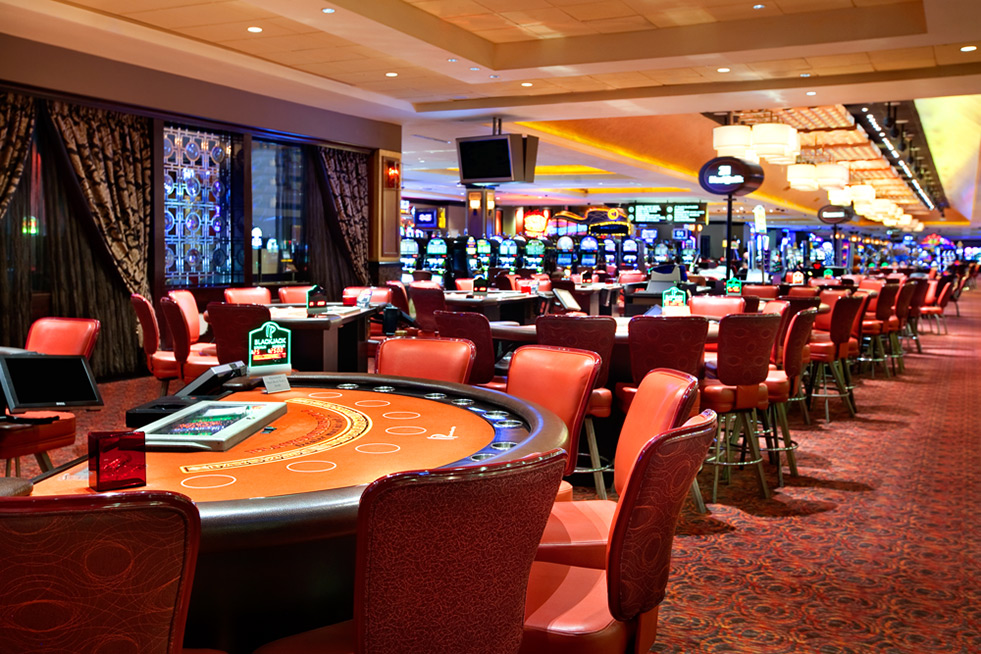
Gambling has been an important part of human recreation for millions of years, evolving through societies and periods to become the dynamic casino activities we know today. From the historical Chinese and Romans, who participated in different forms of betting and luck, to the sophisticated gaming floors of contemporary casinos, the appeal of gamble and reward has captivated individuals across the globe. The transition from basic dice games and rudimentary betting setups to the lavish environments of modern casinos reflects significant strides in both cultural standards and technological.
As societies evolved, so too did the complexity of gambling activities, with casino games emerging as a unique category of leisure and thrills. These activities have changed from informal gatherings centered around traditional tables to grand, lavish establishments designed to entice players. 8kbet Today, we explore this fascinating journey, analyzing how historical practices laid the foundation for the diverse and thrilling casino games that bring joy to millions worldwide.
spintax
Early Betting Traditions
Wagering has profound roots in human past, with proof of activities of chance tracing back to ancient civilizations. Archaeologists have discovered that as far back as 3000 BC, the Chinese were using primitive forms of gambling with dice made from ivory. Similarly, ancient cultures of Mesopotamia engaged in gambling activities, often relying on the casting of lots or dice to determine results. These early forms of gambling served not only as recreation but also played important roles in social and cultural customs.
The Egyptians also took part in betting activities, with games that included betting on the outcomes of various events, including athletic events and spiritual festivals. Artifacts such as dice and depictions of players from ancient tombs show that betting was a frequent pastime. It provided both relaxation and a means of engaging in social interaction, often linked to joyful occasions or important gatherings. This activity demonstrated the universal appeal of chance and rivalry throughout the ages.
In ancient Rome, wagering became a commonplace practice among the people, as reflected by references in texts and the establishment of rules around certain activities. Romans enjoyed a variety of betting activities, from wagering on horse races to playing games like modern-day board games. The legal system surrounding these activities began to take shape, establishing the foundations for betting regulations that would evolve in the centuries to come. The fame of betting during this period set the stage for the development of gambling house games in the future.
The Evolution of Gambling Games
Casino games have gone through substantial transformations from their roots to the contemporary entertainment selections. In early civilizations, gaming was commonly linked to ceremonial practices, with games of dice found in Mesopotamia and wagering on the outcomes of events in old Rome. These initial forms of gambling laid the basis for the structured games we see today. The change from informal gambling to systematic games took place as societies began forming rules and venues for wagering, demonstrating cultural values and practices.
The Middle Ages saw the development of card games, which gained popularity among the nobility of Europe nobility. Games like first and the game baccarat became mainstays in social gatherings. The creation of printing technology further aided the spread of playing cards, making them more reachable to the masses. As gambling houses began to increase, these card games evolved into adaptations that appealed to wider audiences, eventually leading to the establishment of casinos as specialized venues for gaming.
The twentieth century marked a significant point in the progression of casino games, with the rise of commercial casinos in Las Vegas and other gambling hotspots. This era introduced games like video slots and modern versions of table games, complete with high-quality graphics and intricate betting structures. The arrival of online casinos in the late 1990s additionally revolutionized the gaming industry, allowing players to access a vast array of casino games from the safety of their homes. Today, gambling games continue to evolve, blending time-honored elements with advanced technology to create engaging experiences for players globally.
Modern Gaming Laws
In the past few years, the environment of gambling regulations has changed considerably, particularly as technology and internet-based gambling have become ever prevalent. Regulatory bodies around the globe have implemented various regulations and standards to make certain that gambling activities are performed justly, with responsibility, and transparently. These regulations often include aspects such as permits, marketing, gambler safeguards, and responsible gambling measures. Authorities aim to minimize problems such as gambling addiction and cheating while fostering a fair gambling environment.
The rise of online gambling sites has required a new approach to regulation. Many legal areas have established dedicated internet-based gaming frameworks that cater to internet-based gaming, enabling operators to offer their services legally. These frameworks often demand operators to secure licenses, follow strict security protocols, and offer assistance options to help players. By vigilantly observing internet activities, regulators can better protect consumers from risks and ensure that gambling is carried out in a protected manner.
Furthermore, modern gambling laws are increasingly focusing on sensible gaming initiatives. Many gaming establishments and online sites now adopt features such as self-exclusion, financial limits, and time-outs to help players manage their gambling habits. Educational campaigns aimed at educating about the dangers of gambling are also frequent. As the industry continues to grow, the emphasis on responsible gambling continues to be a cornerstone of regulatory efforts, reflecting a commitment to encouraging a secure and pleasant gambling experience for all gamblers.
